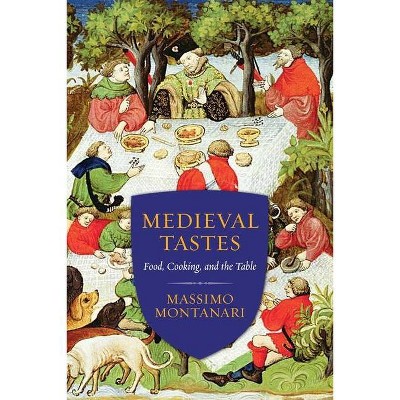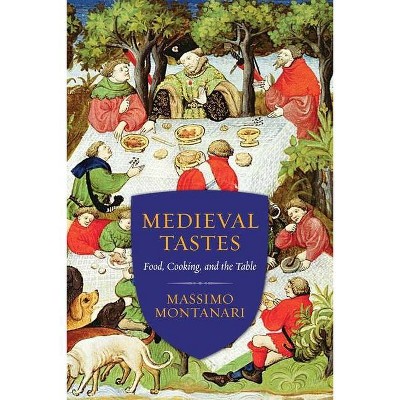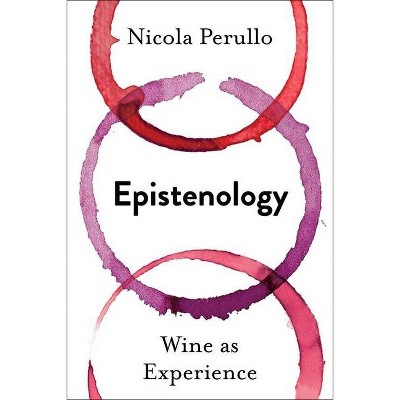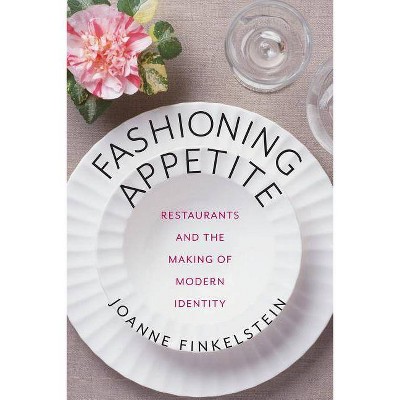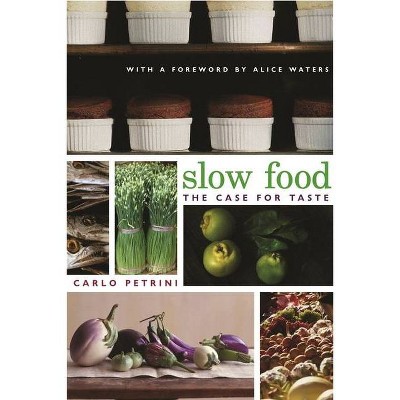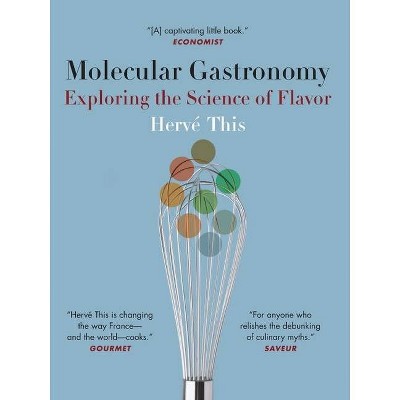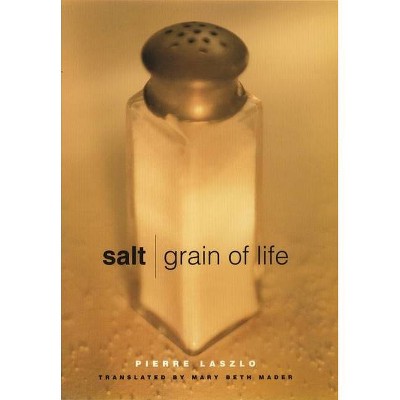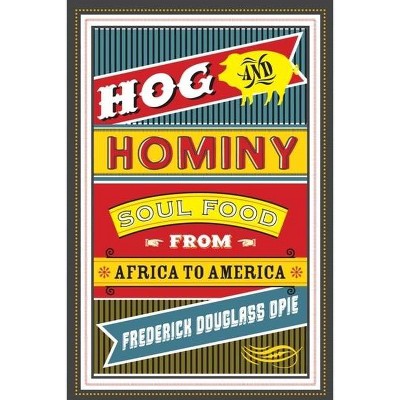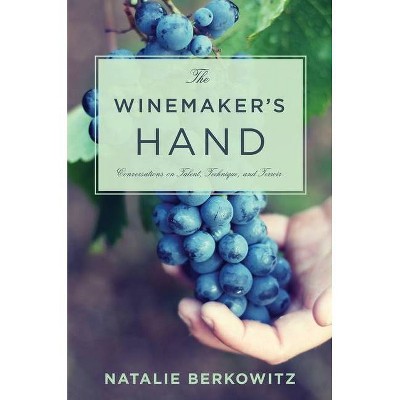Let the Meatballs Rest - (Arts and Traditions of the Table: Perspectives on Culinary H) by Massimo Montanari (Paperback)
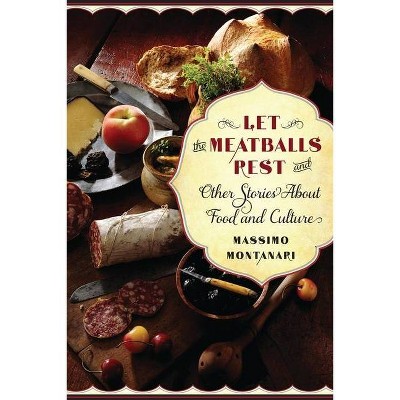
Similar Products
Products of same category from the store
AllProduct info
<p/><br></br><p><b> About the Book </b></p></br></br><p>Known for his entertaining investigations into culinary practice, Massimo Montanari turns his hungry eye to the phenomena of food culture, food lore, cooking methods, and eating habits throughout history. Focusing on the selection, preparation, and mythology of food, Montanari traverses such subjects as the status of the pantry over the centuries, the various strategies of cooking over time, the gastronomy of famine, the science of flavors, the changing characteristics of convivial rituals, the customs of the table, and the ever-evolving identity of food. From the invention of basic bread making to chocolate's reputation for decadence, he positions food culture as a lens through which we can plot changes in historical values and social and economic trends. Montanari shows that cooking is not only a decisive part of our cultural heritage but also a key indicator of our material and intellectual well-being.</p><p/><br></br><p><b> Book Synopsis </b></p></br></br>Known for his entertaining investigations into culinary practice, Massimo Montanari turns his hungry eye to the phenomenon of food culture, food lore, cooking methods, and eating habits throughout history. An irresistible buffet of one hundred concise and engaging essays, this collection provides stimulating food for thought for those curious about one of life's most fundamental pleasures. <p/>Focusing on the selection, preparation, and mythology of food, Montanari traverses such subjects as the status of the pantry over the centuries, the various strategies of cooking over time, the gastronomy of famine, the science of flavors, the changing characteristics of convivial rituals, the customs of the table, and the ever-evolving identity of food. He shows that cooking not only is a decisive part of our cultural heritage but also communicates essential information about our material and intellectual well-being. <p/>From the invention of basic bread making to chocolate's reputation for decadence, Montanari positions food culture as a lens through which we can plot changes in historical values and social and economic trends. Even the biblical tale of Jacob buying Esau's birthright for a bowl of lentils is a text full of essential meaning, representing civilization's important shift from a hunting to an agrarian society. Readers of all backgrounds will enjoy these delectable insights and their easy consumption in one companionable volume.<p/><br></br><p><b> Review Quotes </b></p></br></br><br>Montanari's erudition is manifest throughout the book. He assiduously avoids both commonplaces and pedantry and provokes thought, thrilling anyone looking to understand on a profound level why we eat what we eat.--Booklist<br><br>Thoughtful and charming. Reading this collection of his brief essays is like eating salted peanuts -- you can't stop and each one seems better than the one before.--CHOW Line<br><br>...delectable...--Andrew F. Smith "Times Literary Supplement "<br><br>A textured, surprising, and brightly astringent read.--Ted Weesner, Jr. "Boston Globe "<br><br>The more I cook, the more I realize and discover how the food that we eat is much more than nourishment. It is culture; it is our story as human beings, and Massimo Montanari has made it his life's mission to make that connection. Here, in this informative, intelligible, and delightful book, <i>Let the Meatballs Rest and Other Stories About Food and Culture</i>, Massimo shares those very stories and the resounding message that food is culture, and culture is nourished by food.--Lidia Bastianich, chef, cookbook author, television personality, and restaurateur<br><p/><br></br><p><b> About the Author </b></p></br></br>Massimo Montanari is professor of medieval history and the history of food at the Institute of Paleography and Medieval Studies, University of Bologna. His books include <i>Medieval Tastes: Food, Cooking, and the Table</i>; <i>Cheese, Pears, and History in a Proverb</i>; <i>Food Is Culture</i>; and <i>Famine and Plenty: The History of Food in Europe</i>. He also coedited, with Jean-Louis Flandrin, <i>Food: A Culinary History</i>. <p/>Beth Archer Brombert is the author of <i>Cristina: Portraits of a Princess</i> and<i> Edouard Manet: Rebel in a Frock Coat</i>, which was a <i>New York Times</i> Notable Book of the Year. Her most recent work is <i>Journey to the World of the Black Rooster</i>.
Price History
Price Archive shows prices from various stores, lets you see history and find the cheapest. There is no actual sale on the website. For all support, inquiry and suggestion messagescommunication@pricearchive.us
